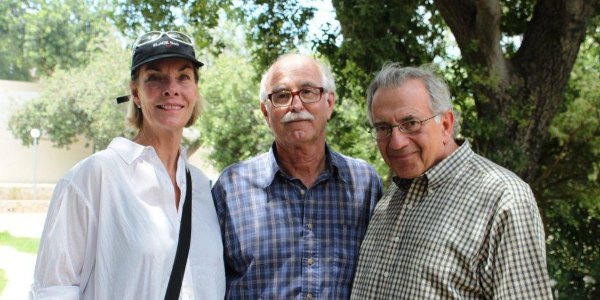Impact to date:
Houses 500 at-risk youth from over 20 countries.

Mission:
to give at-risk and immigrant youth the highest quality care and education.
Words of Wisdom:
“The ultimate purpose is that they are connected at the end of the process. They belong.”
